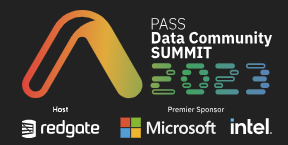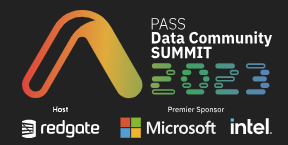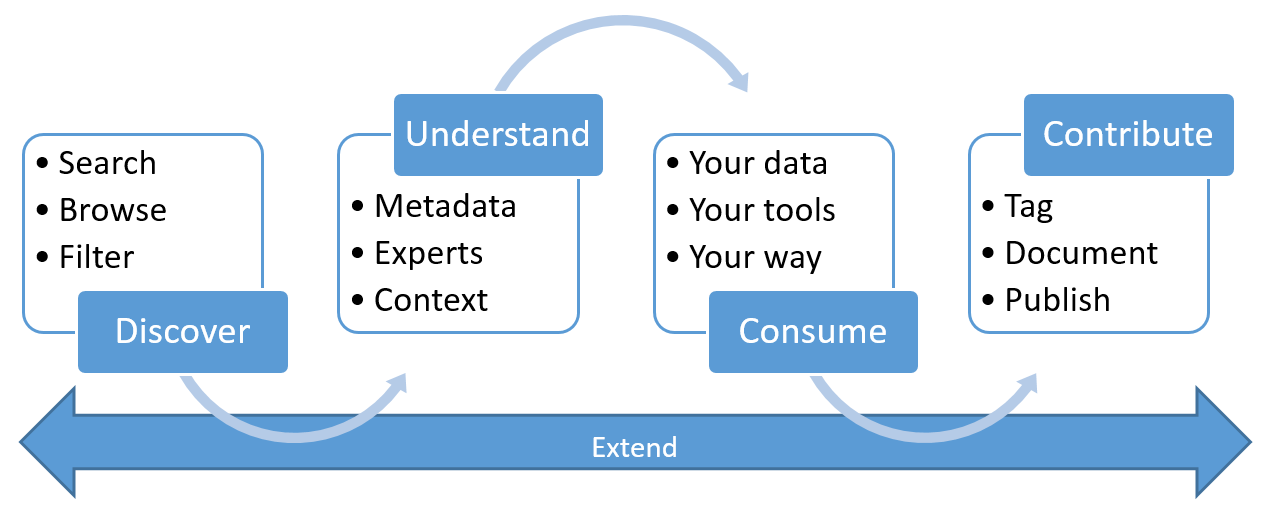A brief introduction to the tool and its advantages for database migrations
 DevOps is a culture and a set of practices that aim to deliver software faster and more reliably, by breaking down the silos between development and operations teams. One of the key aspects of DevOps is continuous integration and continuous delivery (CI/CD), which automates the building, testing, and deploying of code changes. However, CI/CD often overlooks a crucial component of software development: the database.
DevOps is a culture and a set of practices that aim to deliver software faster and more reliably, by breaking down the silos between development and operations teams. One of the key aspects of DevOps is continuous integration and continuous delivery (CI/CD), which automates the building, testing, and deploying of code changes. However, CI/CD often overlooks a crucial component of software development: the database.
Database migrations, or the changes to the database schema and data, are often done manually, or with scripts that are not version-controlled, tested, or integrated with the rest of the codebase. This can lead to errors, delays, and inconsistencies, as well as security and compliance risks. Moreover, database migrations can be complex and risky, especially when dealing with large or legacy databases, or when working with multiple environments and teams.
That’s where Redgate Flyway comes in. Flyway is a tool that simplifies and automates database migrations, by allowing you to define them as code, version them, and apply them across different environments. Flyway supports a wide range of databases, including SQL Server, Oracle, MySQL, PostgreSQL, and more. Flyway also integrates with popular CI/CD tools, such as Jenkins, Azure DevOps, GitHub Actions, and more.
How does Flyway work?
Flyway works by using migration scripts, which are SQL files that contain the commands to alter the database schema or data. You can write these scripts yourself or use Flyway’s baseline feature to generate them from an existing database. You can also use Flyway’s undo feature to revert a migration if something goes wrong.
Flyway keeps track of the migrations that have been applied to each database, by using a metadata table called flyway_schema_history. This table records the version, description, checksum, and status of each migration. Flyway uses this information to determine which migrations need to be applied, and in what order, when you run the flyway migrate command.
Flyway also supports repeatable migrations, which are scripts that run every time you migrate, and always in the same order. These are useful for things like views, functions, or stored procedures, that depend on the database state. Flyway also supports callbacks, which are scripts that run before or after a migration, or on certain events, such as errors or warnings. These are useful for things like logging, auditing, or notifications.
What are the benefits of using Flyway?
Using Flyway can provide several benefits for your DevOps initiatives, such as:
- Improved quality and reliability: By defining your database migrations as code, you can apply the same standards and practices that you use for your application code, such as version control, testing, code review, and documentation. This can help you avoid errors, inconsistencies, and technical debt, and ensure that your database is always in sync with your application. Flyway Enterprise can also auto-generate migration and undo scripts for SQL Server, Postgres, Oracle, and MySQL. This removes an element of human error while also introducing standardization of scripts and higher team productivity into the deployment process.
- Faster and safer deployments: By automating your database migrations, you can reduce the time and effort required to deploy them and eliminate the need for manual interventions or downtime. You can also integrate Flyway with your CI/CD pipeline and run your migrations as part of your build or release process. This can help you achieve faster feedback loops and deliver value to your customers more frequently and reliably.
- Increased collaboration and visibility: By using Flyway, you can enable better communication and collaboration between your development and operations teams, as well as other stakeholders, such as database administrators, testers, or auditors. You can also use Flyway’s features, such as the info, validate, or history commands, to get more visibility and insight into the state and history of your database migrations.
- Enhanced security and compliance: By using Flyway, you can ensure that your database migrations are done in a consistent and controlled manner and that they adhere to the security and compliance requirements of your organization. You can also use Flyway’s features, such as the repair, clean, or undo commands, to fix any issues or restore your database to a previous state, in case of a problem or an audit.
What are some use cases and ROI savings for using Flyway?
Flyway can be used for a variety of use cases and scenarios, such as:
Migrating from one database platform to another or upgrading to a newer version of the same platform.
- Refactoring or modernizing your database schema or data, to improve performance, scalability, or maintainability.
- Managing multiple database environments, such as development, testing, staging, or production, and ensuring that they are aligned and consistent.
- Supporting multiple teams or projects, that work on different parts of the same database, or on different databases, and need to coordinate and synchronize their changes.
- Integrating with other tools or services, such as source control, testing, monitoring, or reporting, to enhance your DevOps workflow and capabilities.
Using Flyway can also provide significant ROI savings for your organization, by:
- Reducing the cost and complexity of database migrations, eliminating the need for manual work, custom scripts, or third-party tools.
- Increasing the productivity and efficiency of your teams, by enabling them to focus on delivering value, rather than dealing with database issues.
- Minimizing the risk and impact of database failures, by ensuring that your migrations are tested, verified, and reversible.
- Boosting the satisfaction and loyalty of your customers, by delivering high-quality software, faster and more frequently.









